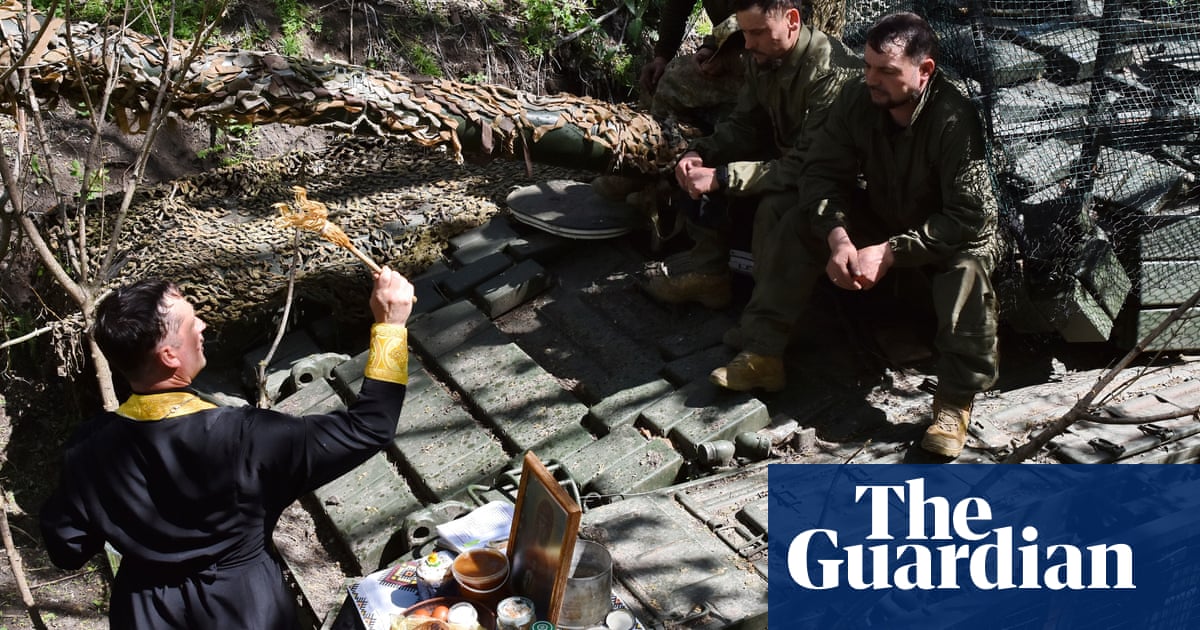Booker longlisted author Colin Barrett has won the Nero book award for debut fiction for his novel Wild Houses.
Meanwhile Adam S Leslie has won in the fiction category for Lost in the Garden, while Guardian Long Reads contributor Sophie Elmhirst’s Maurice and Maralyn was named nonfiction winner. Liz Hyder was awarded the prize in the children’s fiction category for The Twelve, illustrated by Tom De Freston.
The awards, now in their second year, are run by Caffè Nero, and were launched after Costa Coffee abruptly ended its book awards in June 2022. The prizes are aimed at pointing readers “of all ages and interests in the direction of the most outstanding books and writers of the year”.
The four winners each receive £5,000, and are now in the running for the £30,000 Nero Gold prize for overall book of the year, selected by a judging panel chaired by Bill Bryson.
Barrett said it feels “very encouraging” to win the debut fiction prize after spending “the guts of six years chiselling Wild Houses into its final form”. The novel is set in Ballina, County Mayo, and centres on a drug feud. Barrett’s dialogue is “so consistently witty and inventive that one struggles to think of recent novels that could stand up to comparison,” wrote Keiran Goddard in a Guardian review.
Winning the fiction prize is like being “inside one of my own daydreams”, said Leslie. “The author’s equivalent of posing in front of the mirror with a hairbrush for a microphone one minute, the next your favourite band invites you up on stage to sing.”
His folk horror novel, Lost in the Garden, follows three women as they travel to the mysterious Almanby. The novel was partly inspired by Leslie’s “almost ridiculously hauntological 1980s childhood, growing up in deepest rural Lincolnshire between an Anglo Saxon burial mound and a Cold war microwave radio transmitter, two miles from where Moondial was set!”
Elmhirst’s Maurice and Maralyn, tells the true story of a British couple who were lost at sea for 118 days in the 1970s after their boat was struck by a whale. The author marshals their story “into an electrifying narrative full of atmosphere and humanity and with the lightest dusting of romance” wrote Fiona Sturges in a Guardian review.
Having her book recognised “is like being given a lovely confidence transfusion”, said Elmhirst, who began researching the couple during the pandemic. “I was surprised their story had been almost entirely forgotten, given what they’d endured.”
In children’s fiction winner The Twelve, Kit’s family are on a Welsh holiday when her sister vanishes on the night of the solstice. Hyder’s inspiration came from a walk along the Pembrokeshire coastal path when she stumbled across Manorbier, “a village that has the most extraordinary atmosphere and I couldn’t quite work out why. I was certain there was a story there so I returned in the depths of winter to unearth it.”
after newsletter promotion

Shortlisted for the fiction prize alongside Leslie were Suzannah Dunn, with Levitation for Beginners, Jo Hamya for The Hypocrite and Donal Ryan for Heart, Be at Peace. For nonfiction, Pixel Flesh by Ellen Atlanta, An African History of Africa by Zeinab Badawi and All That Glitters by Orlando Whitfield were put forward alongside Maurice and Maralyn.
The debut fiction shortlist was made up of Monumenta by Lara Haworth, Glorious Exploits by Ferdia Lennon and No Small Thing by Orlaine McDonald along with Barrett’s novel. For the children’s prize, Hyder’s The Twelve joined Bird Boy by Catherine Bruton, How to Survive a Horror Movie by Scarlett Dunmore and Chronicles of a Lizard Nobody by Patrick Ness, illustrated by Tim Miller.
The winner of the overall prize will be announced at a ceremony in London on 5 March. Last year’s Nero Gold prize winner was Paul Murray with The Bee Sting, which had won the fiction category. Close to Home by Michael Magee won the debut fiction prize, while Strong Female Character by Fern Brady took home the nonfiction award and The Swifts by Beth Lincoln was crowned winner of the children’s fiction category.

 3 months ago
50
3 months ago
50













































